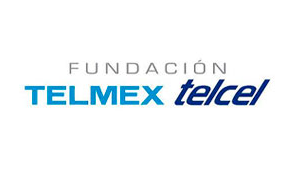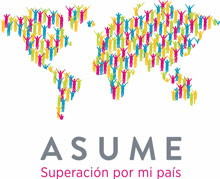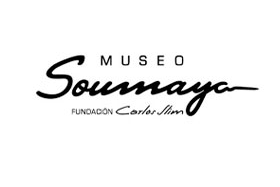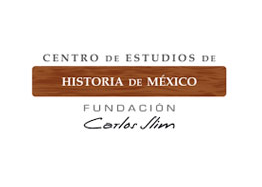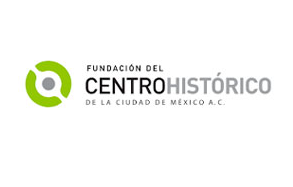UNESCO awards the Memory of the World Register recognition to the Carso Center of Mexican History Studies
The United Nations Educational, Scientific and Cultural Organization (UNESCO) recognized the Carso Center of Mexican History Studies (Centro de Estudios de Historia de México Carso) with the Memory of the World Register, for its archives of Pedro Vargas, Dolores del Río and Roberto Montenegro.
The event was presided by Nuria Sanz, Director and Representative of the UNESCO Office in Mexico, who said that the country has a large collection of Cultural Heritage, many of which have been deliberately protected by documentary archives.
The Carso Center of Mexican History Studies of Carlos Slim Foundation was created in 1965, with the aim of recovering printed works and documentaries of the history of Mexico, from the colonial times to the present day. It has more than eight hundred thousand pieces among books and manuscripts, as well as five rooms to house the finest collections.
The Center has been awarded the Medal 808, which is given to the most prestigious institutions in the research, dissemination and rescue of documents and books of the history of our country.
Other institutions that were awarded the Memory of the World Register for different archives include the Film Library of the National Autonomous University of Mexico (UNAM), for the testimonial cinematographic collections of the Mexican Revolution; the General Archive of the Nation, for the Correspondence Fund of Viceroys 1664-1821; the Ministry of Foreign Affairs , by the Treaties and International Agreements signed by Mexico between 1823 and 2016; the National Electoral Institute (INE), for the evolution of the Voting Card with Photography as a modern heritage of the country.
The mission of the Memory of the World Program is:
- To facilitate preservation, by the most appropriate techniques, of the world’s documentary heritage. This may be done by direct practical assistance, by the dissemination of advice and information and the encouragement of training, or by linking sponsors with timely and appropriate projects.
- To assist universal access to documentary heritage. This will include encouragement to make digitized copies and catalogues available on the Internet, as well as the publication and distribution of books, CDs, DVDs and other products, as widely and equitably as possible. Where access has implications for custodians, these are respected. Legislative and other limitations on the accessibility of archives are recognized. Cultural sensitivities, including indigenous communities’ custodianship of their materials, and their guardianship of access, will be honored. Private property rights are guaranteed in law.
- To increase awareness worldwide of the existence and significance of documentary heritage. Means include, but are not limited to, developing the Memory of the World registers, the media, and promotional and informational publications. Preservation and access, of themselves, not only complement each other – but also raise awareness, as access demand stimulates preservation work. The making of access copies, to relieve pressure on the use of preservation materials, is encouraged.
Carlos Slim Foundation has the objective of helping in the integral education of people of all ages, in Mexico and Latin America, to strengthen their skills and abilities; so that they can actively be part of the economic and social development of the country, achieving more opportunities and a better quality of life.
To do this, it works with academic institutions, governments and civil society organizations, through its programs in education, health, employment, justice, migrants, road safety, human development, sports, environment, culture, humanitarian aid and economic development; benefiting the greatest number of people, with special emphasis on the most vulnerable groups.




